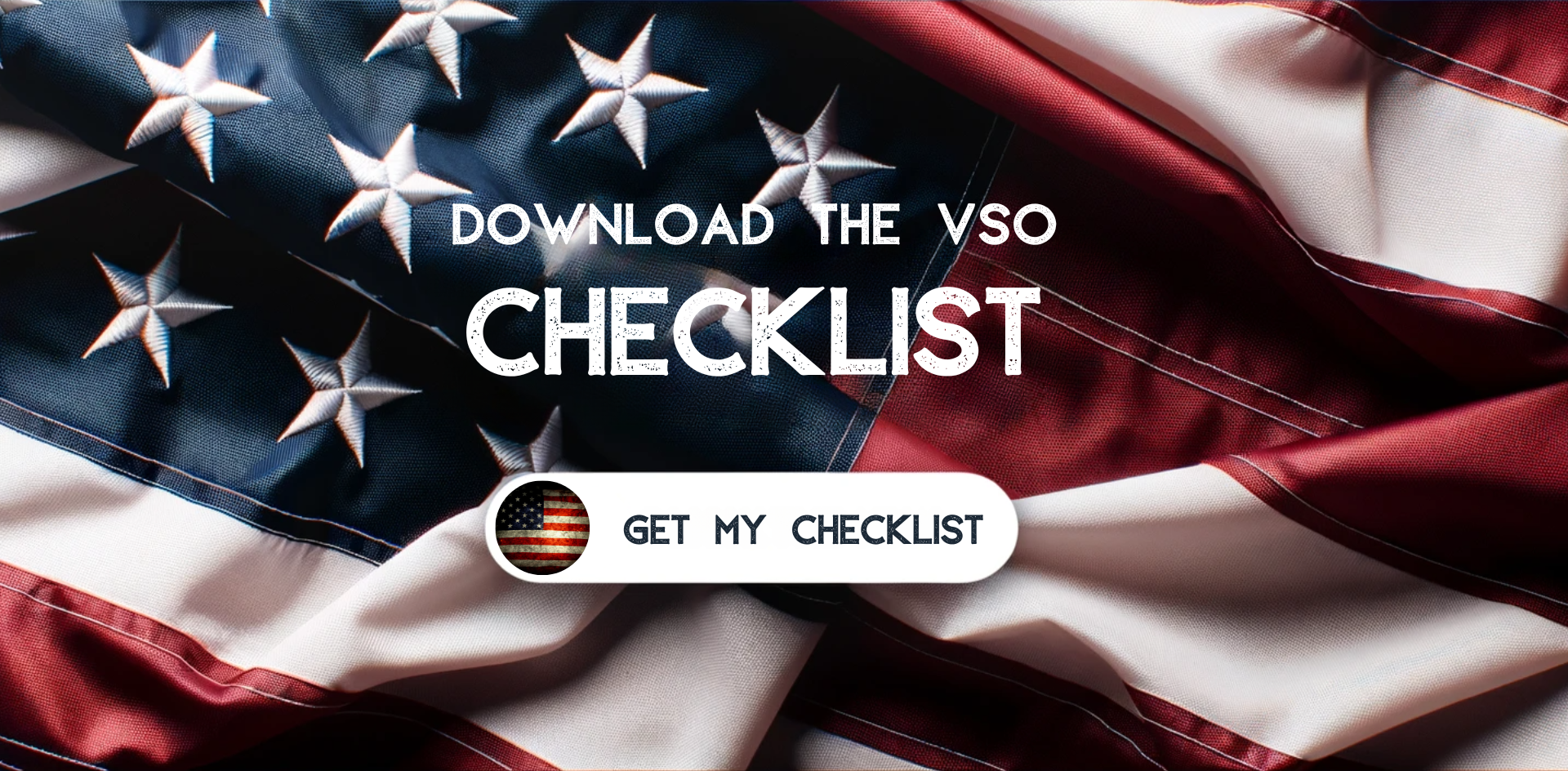The Multi-faceted Role of a Veterans Services Officer
As a Veteran returning to civilian life, you face an array of challenges that can be complex and difficult to navigate. This is where your Veteran Service Officer (VSO) comes into play.
VSOs are accredited by the Department of Veterans Affairs (VA) to assist military members and their families during the difficult transition out of service.
They typically work out of a Veteran Service Office that has access to various resources to support your transition.
Your VSO plays a multifaceted role to ensure you take advantage of all your different Veterans benefits as well as guide you towards the care and assistance you need that goes beyond the scope of their training.
In this article, we look at some of these key areas where your VSO can help you.
We also touch on some situations that may warrant additional guidance from more specialized Veterans lawyers, so you know exactly how to secure every benefit you deserve.
Securing Veterans Medical Disability Benefits
Securing your benefits, particularly around disability from injuries incurred during service, can be difficult even in the best of circumstances.
Your Veteran Service Officer will guide you through the process of finding the right paperwork, submitting it by the required deadlines, and making sure you take advantage of each benefit category.
As a Veteran returning from service, you have enough on your plate without having to juggle the red tape and extensive paperwork that come with securing benefits. Your VSO can hold your hand through this process and has experience dealing with the VA that can help ensure that you are awarded all appropriate disability benefits.
Counseling and Mental Health Support
Regardless of the nature of your service or any physical injuries, counseling and mental health support can be a vital aspect of your return to civilian life.
Your VSO can help you find counselors experienced with helping Veterans during this transition and can assist in making sure you get coverage, if applicable, for the costs associated with mental health care.
While conditions such as PTSD certainly warrant getting professional psychological care, even the basics of transitioning out of the structured military life can be stressful, and it is helpful to have somebody who understands and can support you during this time.
Career Transition Assistance
Finding a job after returning from military service can be a challenge. Some Veterans may have an easier time transitioning their military skill sets into a civilian career, while others may struggle to find a job that works for them.
Your VSO can help you navigate this challenge and may have a network of employers and other resources to ensure you find a career that fits you after you finish your military service.
Educational Benefits Guide
As a Veteran you are entitled to a number of potential educational benefits including the post 9/11 GI bill, Montgomery GI bill, and vocational training funding. The specific benefits you have access to depend on your service record, duration of service, and other factors.
Your VSO will help you understand which educational benefits you specifically qualify for. These benefits can help you get education and training that preps you for a more successful and rewarding career.
Housing and Homelessness Prevention
Your VSO has knowledge and training to help you find housing as you return to civilian life.
This includes which housing benefits you may be eligible for, addressing immediate housing crises through emergency shelters or rapid rehousing programs, and helping you access your VA home loan, which allows you to purchase your own home with little to no money down at a competitive interest rate.
Navigating these complexities can be challenging as you deal with finding a career and managing medical and disability claims, so the assistance of your VSO regarding your housing needs can be incredibly helpful.
Health Care Navigation
Beyond securing disability benefits, finding and managing your standard health care either through the VA or a different primary care doctor is key for returning to civilian life.
Your VSO can help you find a primary care doctor suited for your needs that is covered through your VA benefits. Whether or not you have service related injuries, you will need ongoing health care and are entitled to these benefits based on your military service.
Empathy and Support
Beyond the tangible financial benefits from your military service, your VSO provides emotional empathy and support.
VSOs are often Veterans themselves and have first-hand knowledge of the challenges you are facing. It can be very helpful to have this third party support that goes beyond helping you file paperwork and navigate complex bureaucracies.
Additionally, your VSO can help you connect with other Veterans and organizations to ensure a smooth integration into your community after you leave the military.
When is a VSO Insufficient?
While VSOs are capable individuals that receive accreditation from the government, there are situations where they may be unable to help you navigate.
This is particularly true in the event that your medical claim is denied or you do not receive enough compensation based on the cost of your injury.
There are a number of reasons why disability claims get denied by the VA, and the legal complexities of fighting these rejected claims often exceed the capability of your VSO.
In this instance, it’s highly advisable to seek professional guidance from a qualified Veteran’s attorney.
They have the legal experience and training to handle complex and expensive disability claims.
While Veterans lawyers do charge for their services, you generally are not going to pay anything until they win your case and recover a settlement, at which point the legal fees would be paid out of that.
If you are dealing with a denied Veteran disability claim, contact Veterans Law Group for a free consultation.


